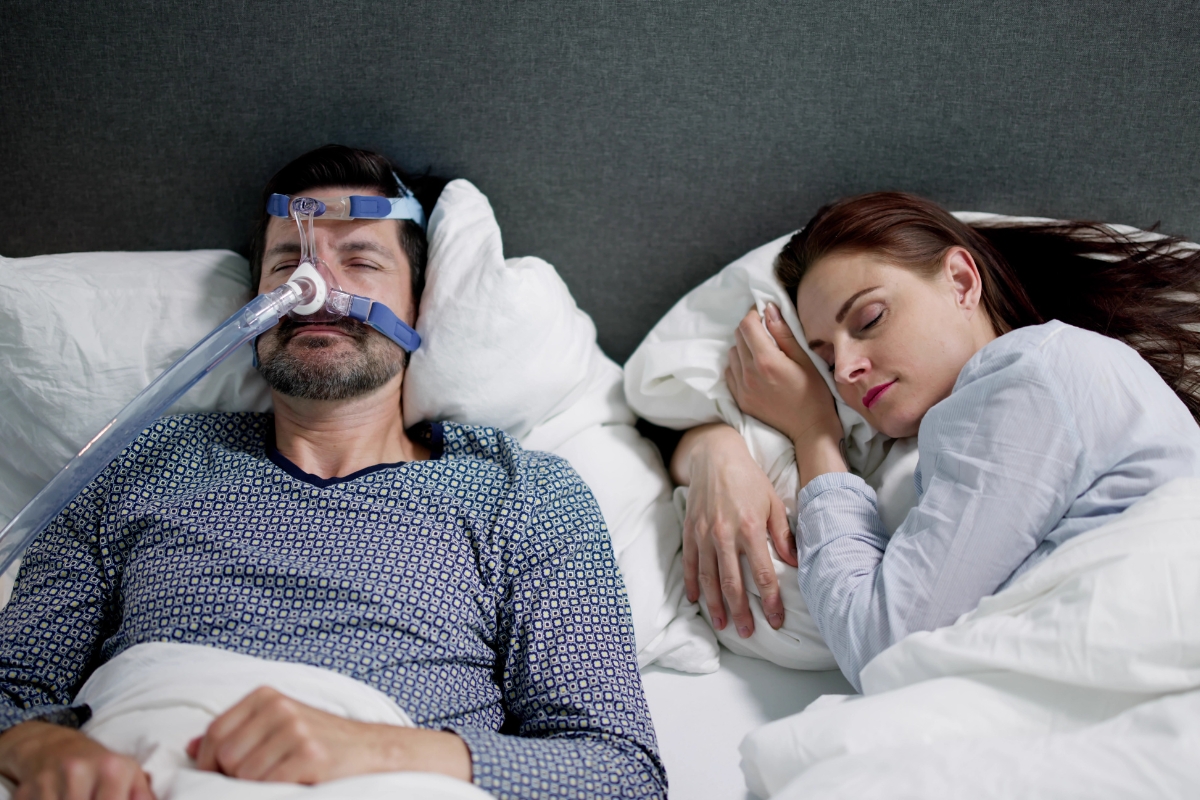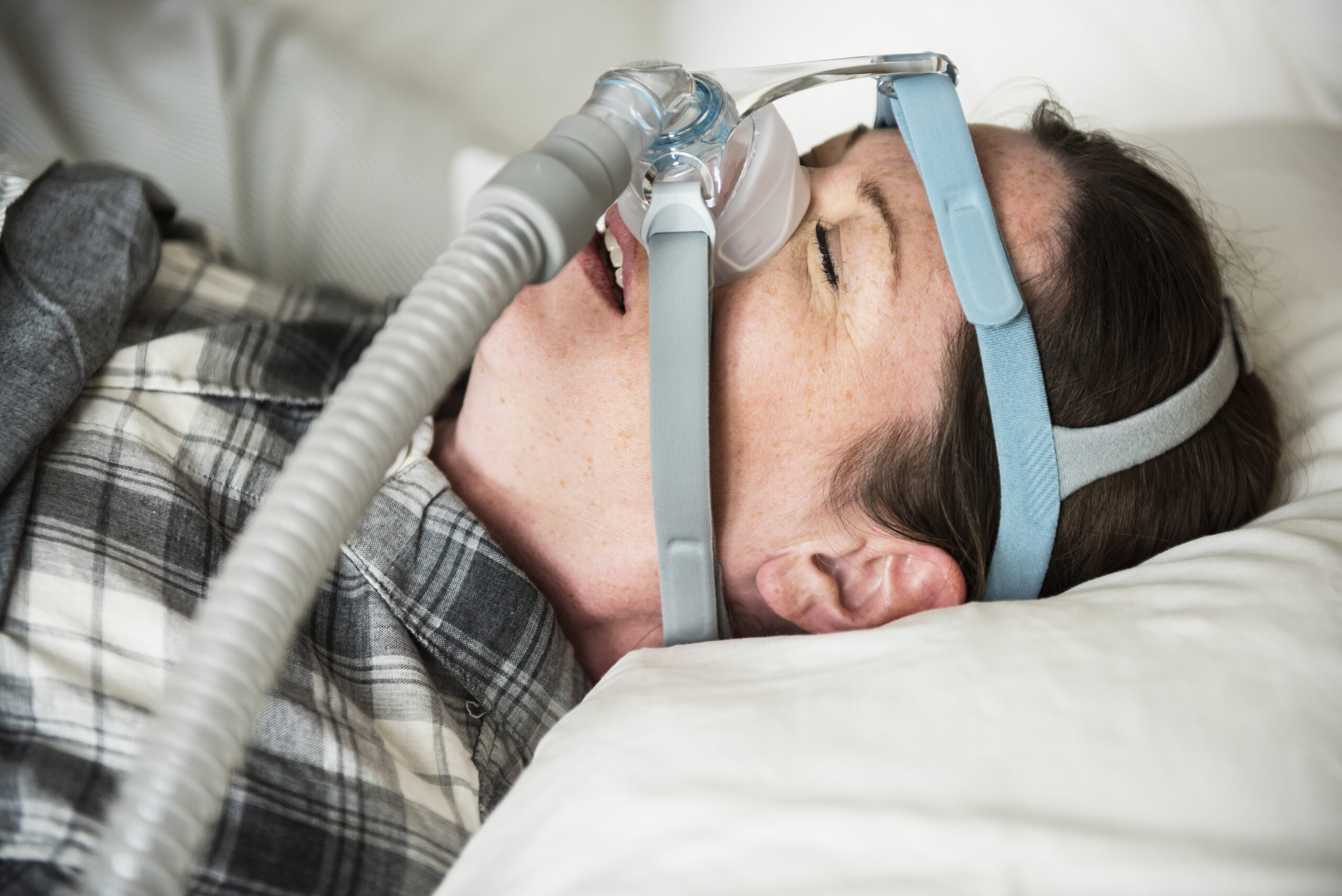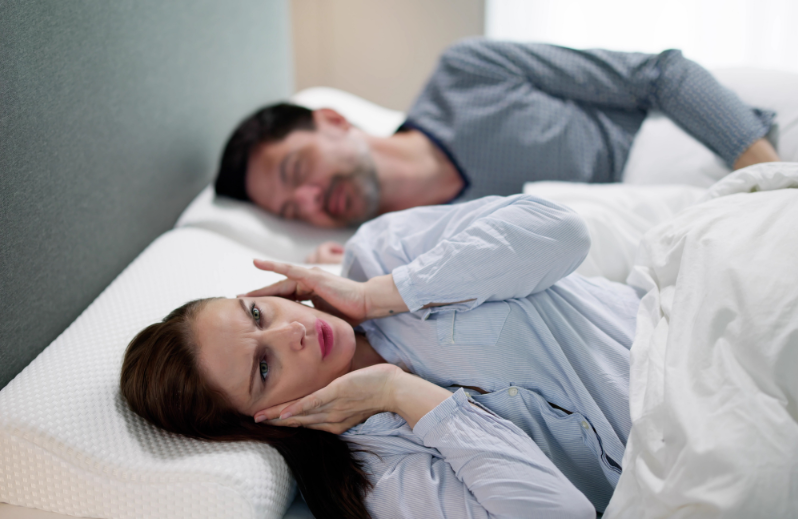

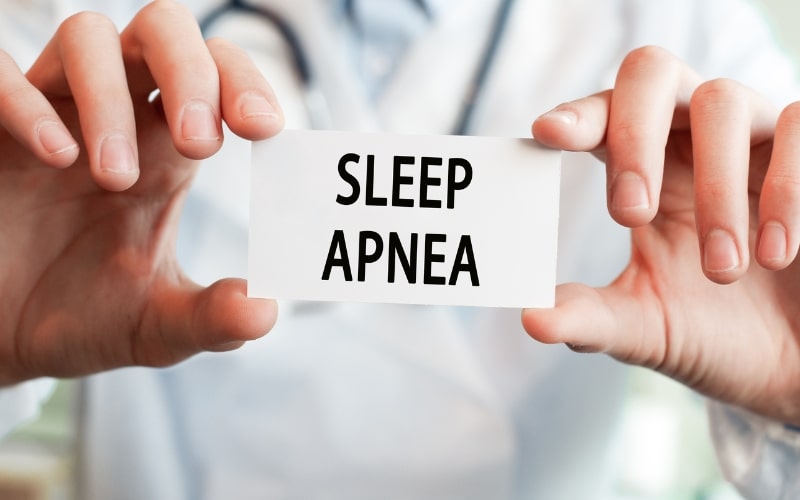
Introduction
Sleep apnea is a widespread and potentially dangerous sleep problem affecting millions worldwide. It not only disrupts the quality of sleep but also poses severe health risks if left untreated. Beverly Hills, California, known for its reputation as a hub for healthcare and wellness, is no exception regarding the prevalence of sleep apnea. Fortunately, the city offers a range of advanced sleep apnea treatment, making it easier for residents and visitors to improve their sleep and overall well-being.
In this blog, we will delve into the world of sleep apnea, its potential health implications, and the state-of-the-art treatments available to help those suffering from this condition regain their restful nights.
Understanding Sleep Apnea
Sleep apnea is a sleep disorder marked by frequent disruptions in breathing while sleeping. These interruptions, called apneas, can last from a few seconds to over a minute and may occur multiple times throughout the night. Sleep apnea is classified into three types:
1. OSA (Obstructive Sleep Apnea):
Obstructive Sleep Apnea is the most prevalent type of sleep apnea. It occurs when the muscles at the back of the throat relax excessively, leading to airway blockage.
2. Central Sleep Apnea:
In this form, the brain fails to transmit the appropriate signals to the muscles responsible for controlling breathing.
3. Complex or Mixed Sleep Apnea:
A combination of both obstructive and central sleep apnea.
Sleep apnea disrupts the sleep cycle and can lead to a range of symptoms and complications, including:
- Loud snoring
- Excessive daytime sleepiness
- Fatigue
- Morning headaches
- Difficulty concentrating
- Irritability
- High blood pressure
- Cardiovascular issues
- Type 2 diabetes
- Increased risk of stroke
The key to effective treatment is accurately diagnosing sleep apnea’s type and severity.
Diagnosing Sleep Apnea
Accurate diagnosis is the first step toward effective treatment for sleep apnea. The diagnosis often involves:
1. Sleep Study (Polysomnography):
Polysomnography is a comprehensive test that monitors various body functions during sleep, such as brain activity, eye movement, heart rate, blood pressure, and oxygen levels. This test helps determine the type and severity of sleep apnea.
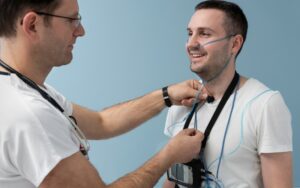
2. Home Sleep Apnea Test (HSAT):
This simplified version of polysomnography allows patients to undergo testing in the comfort of their homes. It is typically recommended for individuals with a high likelihood of moderate to severe obstructive sleep apnea.
Treatment Options For Sleep Apnea
Following a diagnosis, the next step is to investigate treatment alternatives. Individuals can access a wide range of innovative and effective treatments for sleep apnea. These treatments aim to improve sleep quality, alleviate symptoms, and mitigate the potential health risks associated with the condition. Treatment choice largely depends on the type and severity of sleep apnea. Here are some of the most common treatment options:
1. Lifestyle Modifications:
Lifestyle changes can significantly improve the condition in mild cases of obstructive sleep apnea. These changes may include losing weight, avoiding alcohol and sedatives, quitting smoking, and sleeping on your side instead of your back.
2. Continuous Positive Airway Pressure (CPAP):
CPAP therapy involves wearing a mask over the nose or nose and mouth that delivers a continuous stream of air, keeping the airway open during sleep. It is one of the most effective moderate to severe obstructive sleep apnea treatments.
3. Bi-level Positive Airway Pressure (BiPAP):
BiPAP devices deliver variable air pressure, making it easier for individuals to exhale. This treatment is often prescribed for those who find CPAP uncomfortable.
4. Oral Appliances:
Oral surgeons provide custom-made oral appliances that reposition the jaw and tongue to keep the airway open. These appliances are often recommended for mild to moderate obstructive sleep apnea or individuals who cannot tolerate CPAP.
5. Surgery:
Surgery may sometimes be necessary to correct anatomical issues contributing to sleep apnea. Surgical options can include uvulopalatopharyngoplasty (UPPP), genioglossus advancement (GA), maxillomandibular advancement (MMA), or the implantation of stimulator devices.
6. Inspire Therapy:
Inspire therapy is a relatively new treatment involving implanting a small device that monitors your breathing and stimulates the nerves to keep the airway open. This is often recommended for individuals with moderate to severe obstructive sleep apnea who are intolerant or do not benefit from CPAP.
7. Laser Therapy:
Some oral surgeons offer laser therapy to treat snoring and mild cases of sleep apnea. The treatment tightens and shrinks the soft tissue in the throat, reducing airway blockage.
Choosing The Right Treatment
Treatment choice depends on several factors, including the type and severity of sleep apnea, individual preferences, and any underlying health conditions. Consulting with a sleep specialist is the first step to identifying the most suitable treatment plan.
Living With Sleep Apnea
For individuals living with sleep apnea, the disorder can profoundly impact their daily lives. Fatigue, irritability, and a lack of concentration can hinder professional and personal relationships. Additionally, the long-term health risks associated with untreated sleep apnea make it essential to seek appropriate treatment.
Did you know? Excessive daytime fatigue is the leading cause of road accidents!
With the proper treatment, sleep apnea patients can experience life-changing improvements in their overall health and quality of life. Regular follow-up appointments with healthcare providers are crucial to monitor progress and make necessary adjustments to treatment plans.
Sleep apnea is a common and potentially serious sleep disorder affecting millions worldwide. In Beverly Hills, California, residents and visitors can access a wealth of resources and expertise for diagnosing and treating this condition. With a wide range of treatment options, cutting-edge facilities, and experienced sleep specialists, Beverly Hills is well-equipped to transform the lives of those with sleep apnea. If you or a loved one is affected by sleep apnea, consider seeking the help of a sleep specialist in Beverly Hills to embark on the journey to improved sleep and better health. Don’t let sleep apnea disrupt your life any longer; take action and start sleeping better today.


